Keywords: Child Abuse
There are more than 200 results, only the first 200 are displayed here.
-
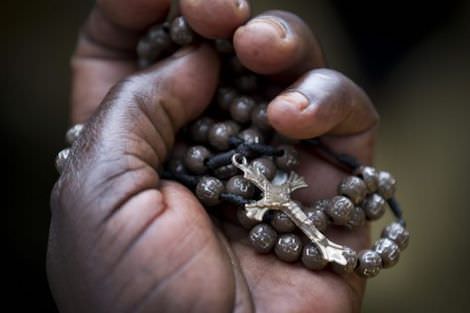
AUSTRALIA
- Frank Brennan
- 20 August 2017
23 Comments
The Royal Commission into Institutional Responses to Child Sexual Abuse has published a 2000-page three volume Criminal Justice Report. One of its recommendations is that the states and territories 'create a criminal offence of failure to report targeted at child sexual abuse in an institutional context'.
READ MORE 
-
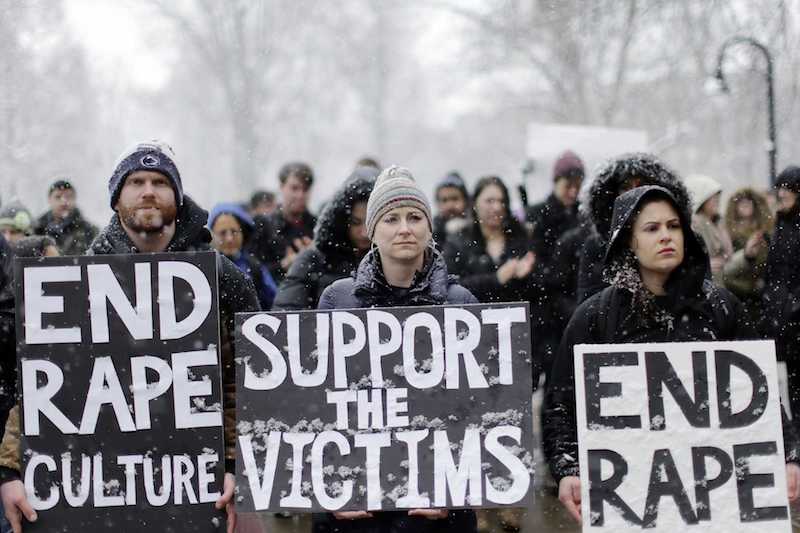
AUSTRALIA
- Fatima Measham
- 04 August 2017
9 Comments
This week, the Australian Human Rights Commission released Change the Course. It is a landmark report into sexual assault and harassment at universities. The undertaking was propelled by survivors, student leaders and support organisations.
READ MORE 
-

MEDIA
- Binoy Kampmark
- 14 July 2017
6 Comments
Turnbull's attitude echoes the fear all autocracies have: that control is slipping away, and that citizens cannot be trusted to behave in a modern communications environment without government intrusions. Arguments are repeatedly made that such enlarged powers are never abused - a charmingly naive assumption - and that law enforcement authorities merely need the 'capacity' to have them. These can either abate, or be extended, after a review. The reality tends to be different.
READ MORE 
-

RELIGION
- Frank Brennan
- 26 June 2017
6 Comments
Here in Ballarat, you know better than most other Catholics that respectful relationships in the church community have been rent asunder by the depredations of child sex offenders whose exploits went unchecked by those ordained to exercise tradition, authority, teaching and discipline. We will strengthen respectful relationships only with a voluntary commitment to truth, justice and healing — and not one forced by a royal commission or public odour.
READ MORE
-
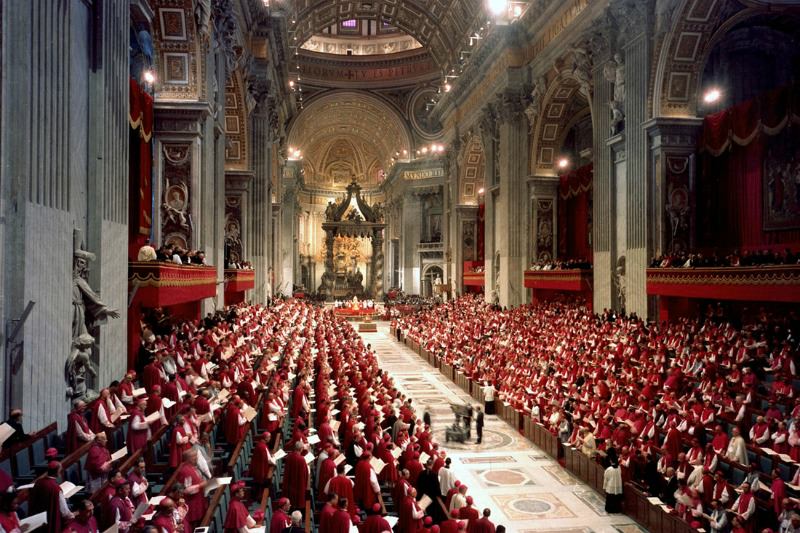
RELIGION
- Stephen de Weger
- 07 June 2017
69 Comments
The sexual revolution and Vatican II was a release from 'parental control' resulting, for many, in the sudden emergence of full-blown psychological adolescence with its risk taking, experimentation and lack of a fully developed sense of responsibility. Many clergy either slid into adolescent liberalism or, collapsing under new adult demands of freedom, retreated into reactionary conservatism. Others grew up and moved on, into new ways of being 'celibate'. Clergy misconduct is found in all three groups.
READ MORE 
-
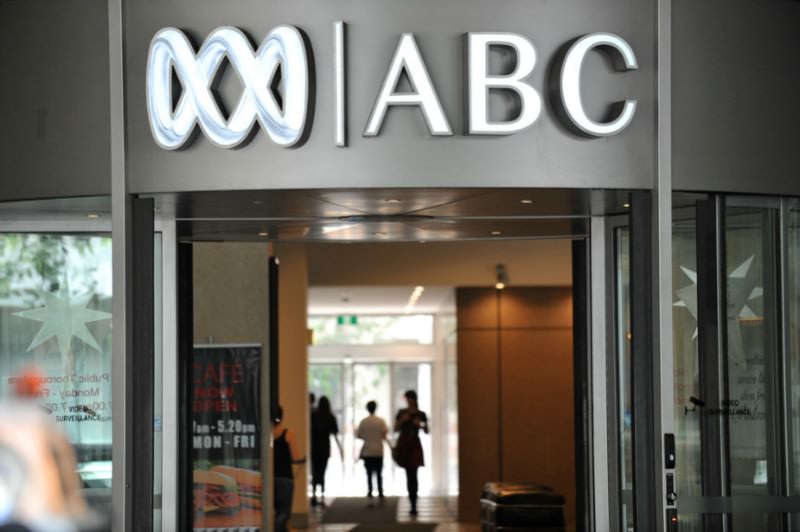
MEDIA
- Rohan Salmond
- 01 June 2017
28 Comments
Reports that the ABC will no longer require the head of the religion unit to be a religion specialist are more than a little surprising. The ABC has a commitment in its charter to 'reflect the cultural diversity of the Australian community'. Without religion reporting from people with specialist journalistic backgrounds, the ABC jeopardises its ability to fulfil its ongoing functions and responsibilities. Like it or not, religion still plays a huge part in public life in Australia, which affects the lives of everyone.
READ MORE 
-
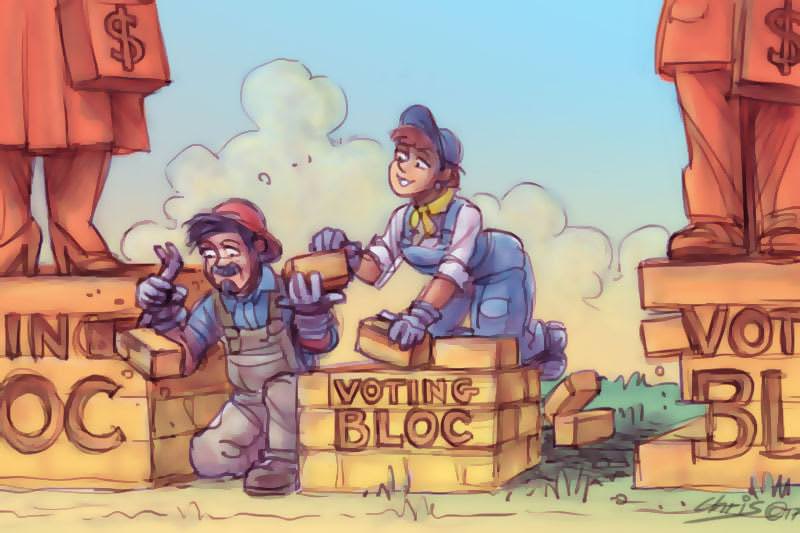
AUSTRALIA
- Ann Deslandes
- 26 May 2017
4 Comments
Wealth inequality in Australia is flourishing. The top one per cent of household wealth in Australia is moving toward being 20 per cent of total wealth, and the country is a preferred destination for millionaires. With a government that prefers to impoverish and vilify the disadvantaged and spend big on coal mines, this does not look likely to shift. But there are always other paths to social justice, and in Australia one may be through the millionaires - or at least the companies on which their fortunes are built.
READ MORE 
-

AUSTRALIA
- Barry Gittins
- 25 May 2017
7 Comments
Australian kids are being bashed, raped, starved, scorned and otherwise treated with no dignity or kindness. The study states it is not simply a case of one-off abuse, noting that 'research has demonstrated that maltreatment sub-types seldom occur in isolation (e.g. sexual abuse is often accompanied by psychological maltreatment or physical abuse)'. That is difficult reading. It makes me sick to write it. But the paper should, in a just society, serve as a catalyst for a national conversation.
READ MORE 
-
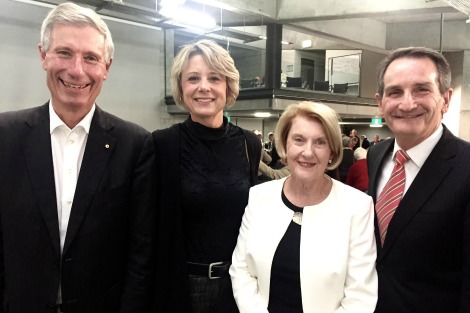
RELIGION
- John Warhurst
- 23 May 2017
54 Comments
Catholics have a proud record of exercising their democratic rights within Australian democracy as voters, members of political parties and lobby groups, and as elected representatives. But within their own church they have been taught to leave their democratic rights at the door. Now is the time to challenge that norm in parishes, dioceses and the wider church. In responding to the royal commission the church needs an infusion of democratic values, including transparency and accountability.
READ MORE 
-

RELIGION
- Frank Brennan
- 15 May 2017
The reconciliation of this vertical relationship is possible only through the mediation of Jesus who embodies, lives and dies the reality of this reconciliation. He puts us right with our God and thereby establishes the basis for right relationship with each other. In many countries such as Australia, Timor Leste and South Africa, the public rhetoric and programs for reconciliation have, at least in part, been informed and underpinned by this theological perspective.
READ MORE
-

RELIGION
- Frank Brennan
- 08 May 2017
1 Comment
Our Church is presently a strained, outdated social institution with an exclusively male hierarchy and clergy. But it is also the privileged locus for us to be called to the banquet of the Lord sharing theology and sacrament which have sustained the hearts and minds of similar pilgrims for two millennia. Thank God for Pope Francis who is showing us the way, helping us to find meaning in our changing and chaotic world, putting a fresh spring in the step of all those Catholics holding in tension the prophetic and the practical, the theological and the humanist, the tradition and the contemporary reality.
READ MORE
-

RELIGION
- Andrew Hamilton
- 05 May 2017
51 Comments
The government and the Catholic Church both face difficulties when commending values. The difficulties will dog events during the next week in which both institutions are on public display: the bringing down of the budget and the meeting of the Australian Catholics bishops. The question Australians ask is whether the bishops and other public representatives of the Catholic Church have the stomach for the changes in governance needed to address the factors that led to child abuse.
READ MORE 